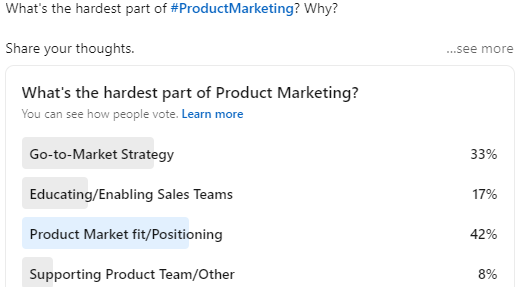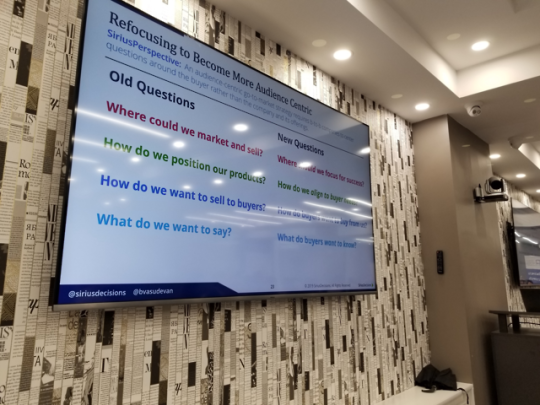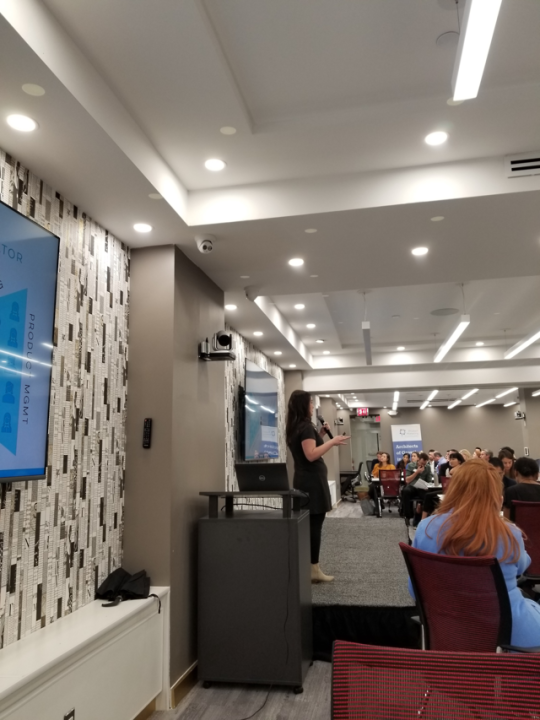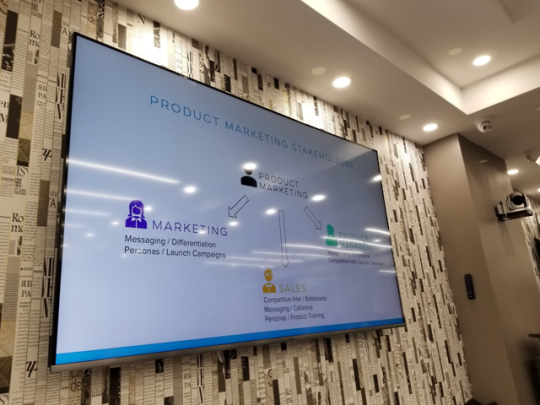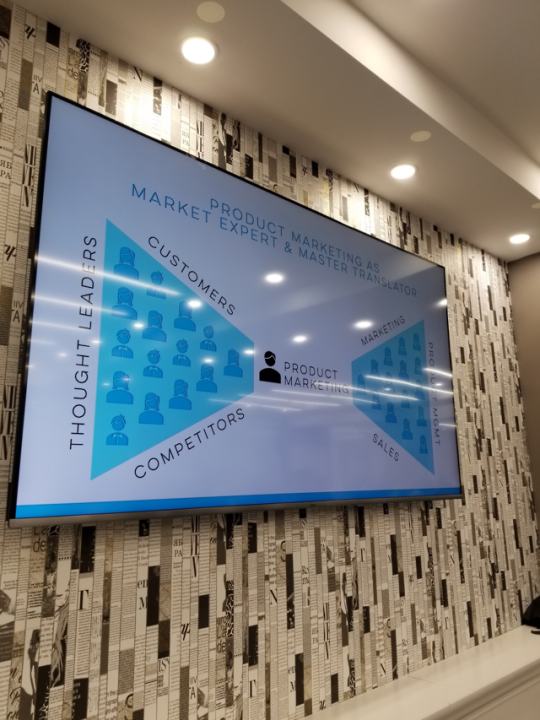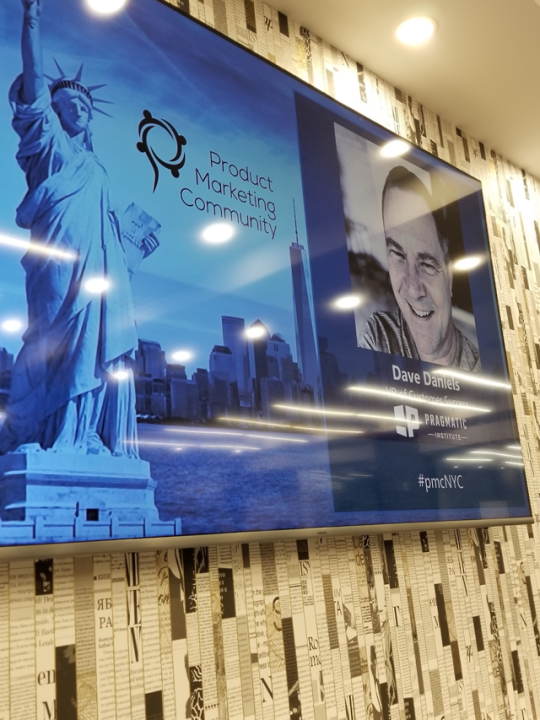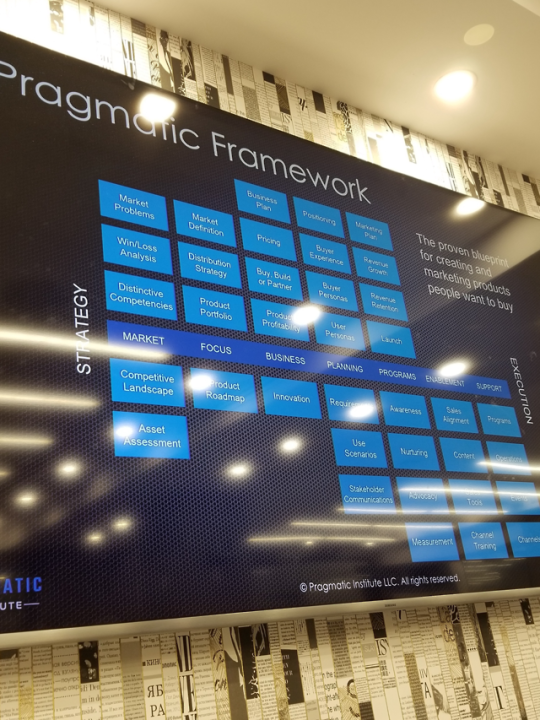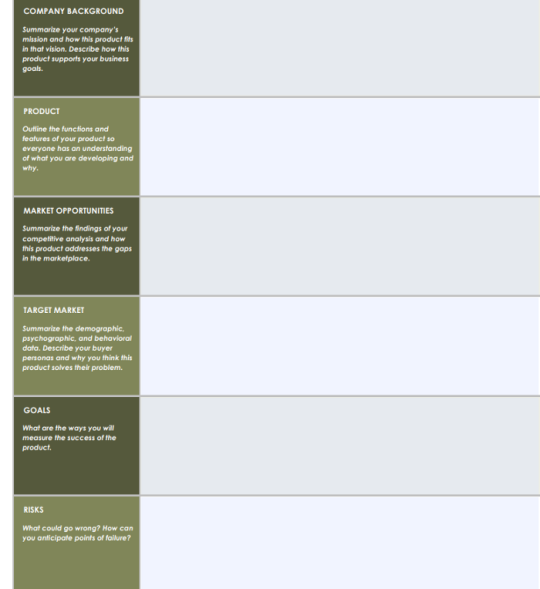What’s the Future of AI? Insights from The AI Summit.

I covered The AI Summit in New York last week because I wanted to learn more about AI and Machine Learning.
According to Tractica, AI is being implemented globally.
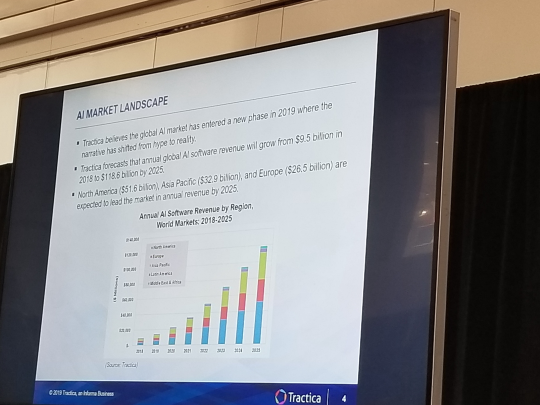
AI and Machine Learning used in many verticals and processes. For example, when I compose an email using GMAIL, I received suggestions on how to finish a sentence. To use the GMAIL suggestion, I can tap the right arrow button on my keyboard.

Think about your routine and your processes, I bet that AI influencers your decisions from where to eat to what to watch.
It is important not to fear AI; use it as a tool to be more productive and live better.
Data Privacy
There are many issues on Data privacy with legislation such as GDPR, CCPA among others. Right now we’re are at the level where AI can understand customer behavior and make suggestions.
AI In the Home

I attended an LG Labs event on AI in the home where it was suggested that companies need to collect more customer data to make better products. To convince customers to provide more data, companies need to provide customers with a ROD analysis or Return on Data. The return on Data should measure customer benefits against the amount of data they are providing. For example, in exchange for providing X amount of Data, we improved our product By Y i.e. increased functionality and better user experience. Think of an ROI or ROAS analysis.

The next evolution for AI is to go from predicting current user intent to future user intent based on user actions. Eventually, AI devices will be consolidated and work cross-functionally.
How AI will impact Sales, Marketing and the Customer Experience

Mark Beccue of Tractica opened up the Sales, Marketing and Customer Experience part of the Summit.

Matthew Quinn of Columbia University shares his insights on AI’s impact on Sales and Marketing.
Companies will not have just Salespeople or Machine Learning in the sales process. Instead, to increase Profits companies will have a hybrid model.
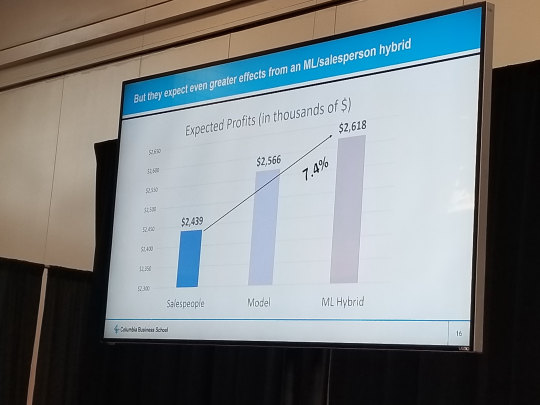
A business’s reason for using Machine Learning and AI is to become more efficient, get better insights and better ROI and profits.
Businesses need to think globally by applying cultural diffusion to their business through localization and language translation.
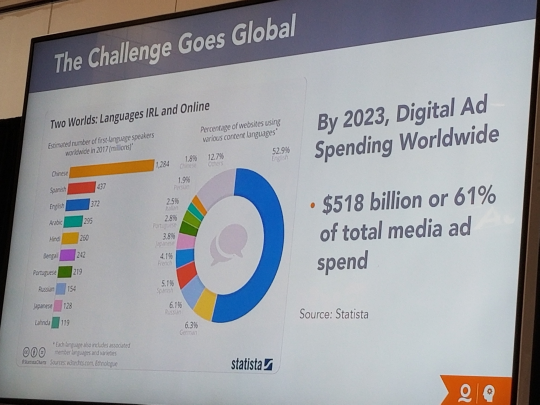
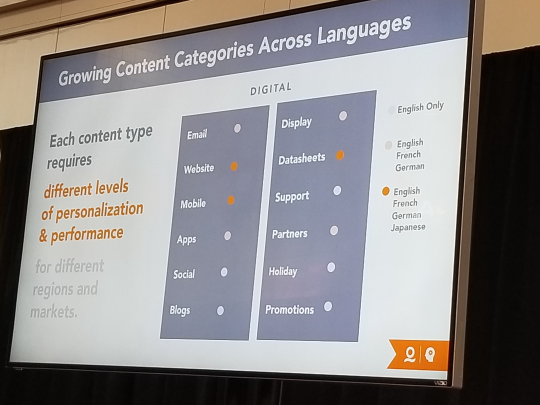
Marketing
AI will improve Marketing KPIs by allowing brands to measure improve linguistic effectiveness.
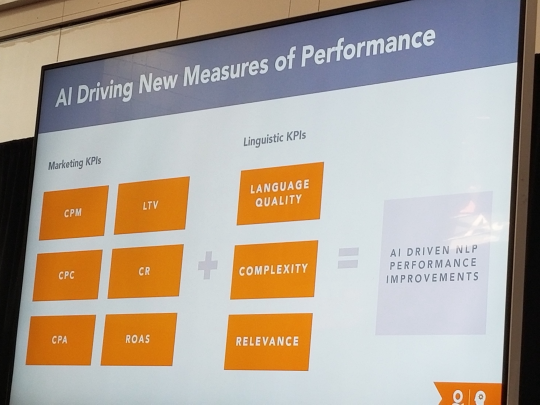
Shared by Smith Yewell of Welocalize
Customer Segmentation
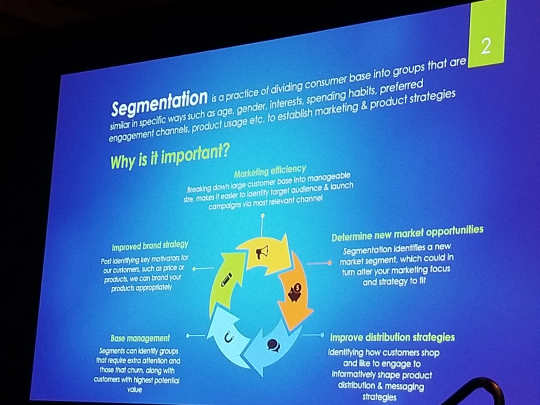
Shared by Ranjit Jangam of Comcast
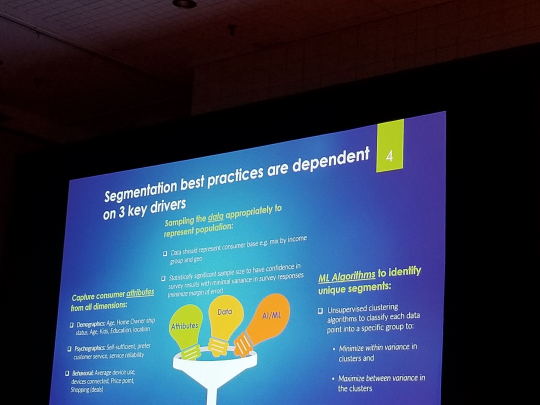
How ML can improve Customer Segmentation Data
AI will improve the customer experience by allowing customers to control their buyer journey with less interaction from the seller.
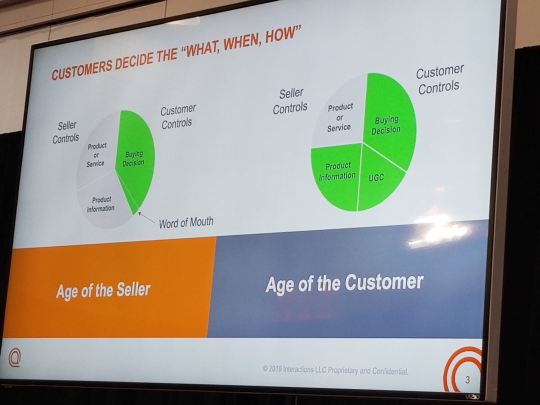
Shared by Priyanka Tiwari of Interactions.
Conversational AI will help power a self-service model according to Gartner.
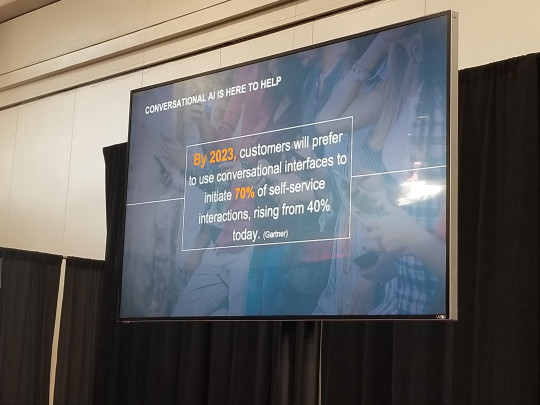
What is Conversational AI?
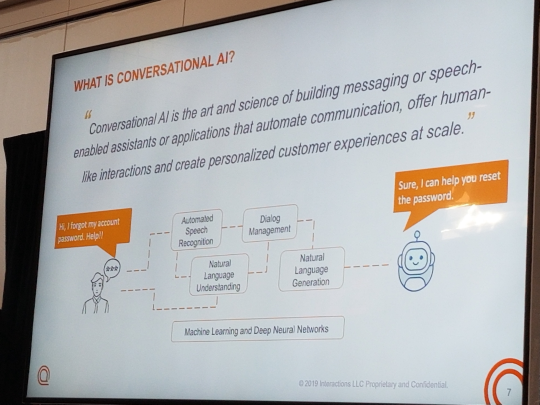
Where AI needs to improve
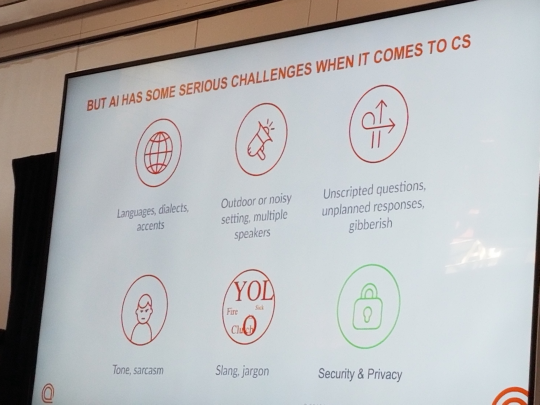
I want to thank The AI Summit for having me as their guest. If you want to use AI to improve business outcomes, sign up for the AI summit in your city.
What do you think is next for AI?
Comment and share below.


